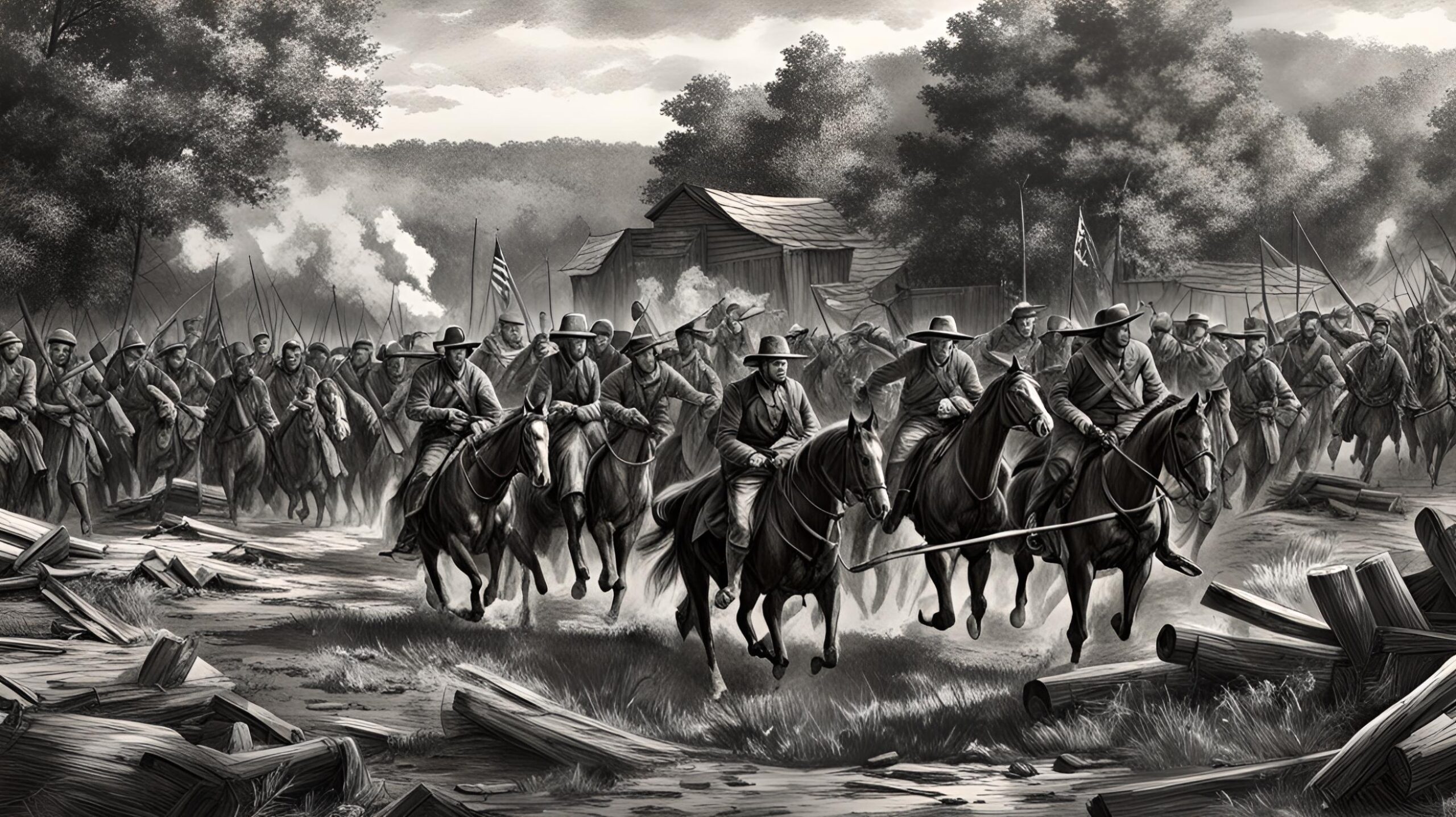Flashback to August 31
American History

On July 14, 1798, a significant event took place in the United States that would have far-reaching implications for free speech and the power of the government to restrict it. This event was the passing of the Sedition Act of 1798, which prohibited “false, scandalous, and malicious” writing. In this article, we will explore the historical context, the details of the Sedition Act, and its impact on American society.
The late 18th century was a turbulent time in American history. The United States had recently gained independence from Great Britain and was still establishing its place in the world. Political divisions and debates were rampant, as the newly formed nation sought to define itself. It was against this backdrop that the Sedition Act was passed by the Federalist-dominated Congress and signed into law by President John Adams.
The Sedition Act was enacted as part of a broader package of laws known as the Alien and Sedition Acts. The Alien Acts were aimed at limiting immigration and giving the government more power to deport or imprison non-citizens who were considered a threat to national security. On the other hand, the Sedition Act specifically targeted free speech. It made it a crime to publish or speak “false, scandalous, and malicious” statements against the government, the Congress, or the President.
The passage of the Sedition Act was met with immediate backlash from those who saw it as a direct violation of the First Amendment rights of free speech and freedom of the press. Critics argued that the law was a tool to suppress political dissent and stifle the voices of those who opposed the Federalist government. They saw it as an infringement on the principle of a free and open society that had been at the core of the American Revolution.
Under the Sedition Act, several prominent individuals were targeted and prosecuted for their writings. Notable among them was Vermont Congressman Matthew Lyon, who was sentenced to four months in prison after publishing an editorial accusing President Adams of “ridiculous pomp” and “gross hypocrisy.” Many others, including newspaper editors and writers, were also arrested, fined, or imprisoned for their critical writings.
The Sedition Act created a climate of fear and self-censorship among the American people. People were hesitant to speak out against the government or express their political views, for fear of being targeted and prosecuted. This stifled the free exchange of ideas and undermined the principles of democracy that the United States was built upon.
However, the Sedition Act also sparked a strong opposition movement. Those who believed in the importance of free speech fought back against the suppressive law. One of the most significant responses came from Thomas Jefferson and James Madison, who anonymously authored the Kentucky and Virginia Resolutions. These resolutions argued that the federal government had exceeded its constitutional authority and that the states had the right to declare such laws null and void within their borders.
While the Sedition Act was eventually allowed to expire in 1801, with the election of Thomas Jefferson as President, its impact on American society cannot be underestimated. The Sedition Act represented a low point in the history of free speech in the United States and served as a reminder of the importance of protecting the constitutional rights of citizens.
the passing of the Sedition Act on July 14, 1798, marked a dark chapter in American history. It restricted free speech and stifled political dissent, leading to the persecution of individuals who dared to express their opinions. While the law was eventually repealed, its legacy serves as a reminder of the importance of defending and protecting the rights and freedoms guaranteed by the First Amendment.
We strive for accuracy. If you see something that doesn't look right, click here to contact us!
Sponsored Content

Civil War: Battle of…
Experience the dramatic history…

$162,821 is stolen at…
On August 31, 1798,…

William and Emily Harris,…
On August 31, 1978,…

US President Franklin Roosevelt…
"US President Franklin Roosevelt…

